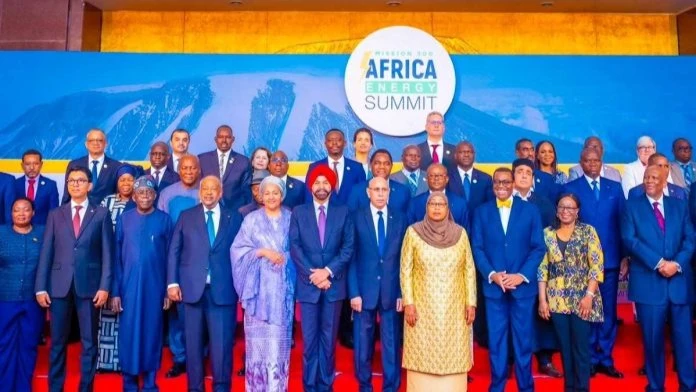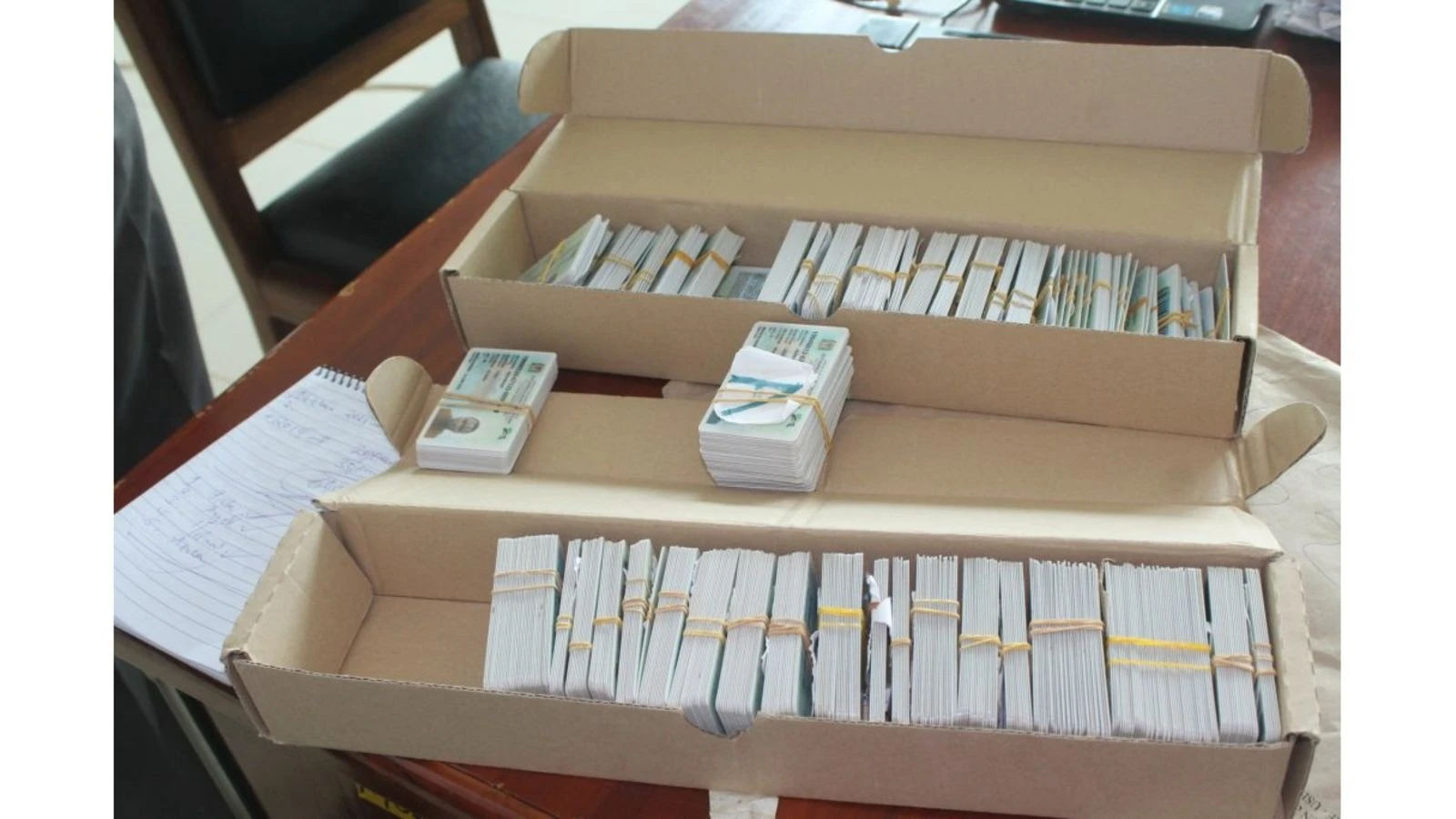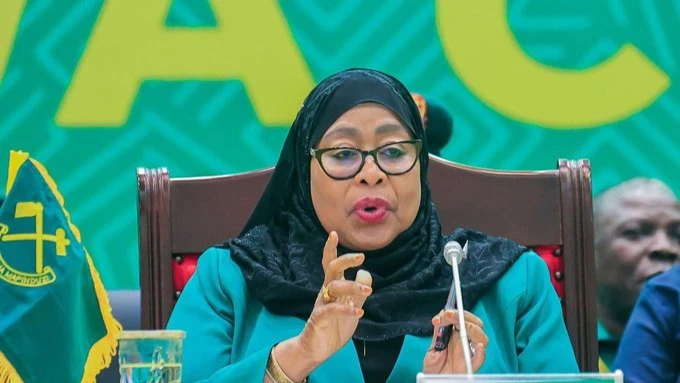Assessing general science, math, ICT teaching ability is what we need most

ASSESSING whether training programmes for secondary school teachers in mathematics, science as well as information and communication technology (ICT) can be complicated in countries such as ours. The tests are normally tied to what secondary school pupils say on what they learn but it is unlikely that the results would be even, conclusive or actionable.
A top ministerial official announced this plan when opening a five-day training session for science and mathematics teachers along with quality controllers from Simiyu and Mara regions, in Tarime. It would be interesting to know why this exercise is being flagged off there, unless at a preliminary level it also reflects where the need is most felt. It is possible the level of school exposure to technology is just minimal, or ineffective.
On the basis of the official’s remarks, the ministry seeks to assess the outcomes of its training programmes in those fields, with the assessment intended to involve pupils who will be given questions to evaluate their understanding of the subjects taught. It is part of the Secondary Education Quality Improvement Project (SEQUIP) in which continual teacher training is a key component. That means comprehension tests would help to draw ‘curves’ of what is not understood, by which pupils and in tandem with the different casts of environment, for what reason.
The matter is hence just procedural as a modality developed to assess the impact of training on pupils' learning, with learners asked to gauge how much they’ve benefited from the training provided to their teachers. Yet, there are spheres that surveys are likely to touch while the ministry will have rather scant responses for what is noticed, for instance, when it comes to limitations arising from language intrusions. Pupils are exposed to Kiswahili terms for geometrics and other fields, and then they may definitely shift to relearn the same in English, fuelling confusion.
That is why it is unlikely that anyone is going to resolve the real preliminary issue of effectiveness of the government investing substantial resources in improving the capacity of secondary school teachers. It is similarly unlikely that anyone will ask if there is need to shift to teaching in English from standard three, as language skills in a routine and usable manner are more helpful than training in sewing, woodwork or farm skills. The language gap, even if it isn’t eventually identified as a handicap in the science, mathematics and ICT learning ability, if only for reasons of convenience, remains a life-long handicap, causing social divisions.
Enhancing teaching methods to foster pupils' understanding and interest in key science fields isn’t definitely merely a matter of teaching methods, but whether other handicaps in life are likely to be keenly felt. Nor would teaching refresher courses solve these drawbacks, the basis of which is dogmatic insistence on the national language while at the family and individual level, everyone knows that the most preferred language in our region is English.
Top Headlines
© 2025 IPPMEDIA.COM. ALL RIGHTS RESERVED

















